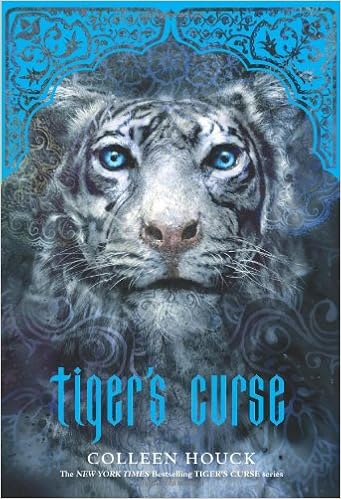1 Tell me a about yourself. What got you started in writing?
I’ve been writing as long as I can
remember. Shortly after I learned how to read I started to keep a diary. The
majority of my writing was for myself so I didn’t know I was any good at
writing until I took a creative writing class in collage. I also enjoy songwriting and have written a
few musicals. Along with writing I also love to sing. I work as a probation
officer for my day job which is a great source of inspiration and character
study.
How do you schedule your writing time? When do you write?
I find my best work comes in the
mornings just after I wake up. That’s when
I’m most creative. I have to schedule it
or I find life gets in the way. If I don’t set the time aside to write it
doesn’t happen.
How and where do you write? Do you prefer a lap top or some
other method of getting your words down?
I do most of my writing on my laptop
in my living room at home. When I’m in the story development stage of writing I
will often hand write my ideas on note cards.
I also use an excel spreadsheet to keep my ideas organized.
4. What's your favorite part about writing? Your least favorite
part about writing?
 |
| Get the Book at Amazon |
My favorite thing about writing is
blowing my mind, reaching in to the brightest and darkest parts of me to create
and experience things I might never know in real life. There is nothing about writing that I don’t love. I wish I had more time to commit to it. But I will always write and I have many more
stories inside me that will be told.
5. How did you come up with your book idea? How long did it take
you to write your book?
I started the story nearly a decade
ago. I dreamed I died and came back as a ghost. Nobody could see or hear
me. It was surreal and I couldn’t wait
to write about it. It wasn’t until I met my co-author David Powers King that
that story developed into what it is now.
We worked on it for a couple years and we got our book deal with Scholastic almost a year after it was completed.
6. What types of marketing do you do to promote your writing?
Scholastic does a great job promoting
Woven at the school book fairs. David
and I both have social media outlets that also help to promote the story.
7. What are you currently working on? Do you have a new book out?
I don’t have anything new out… yet. David
and I are currently working on a sequel to Woven.
8. Do you have a project on the back burner? Tell me about it.
I always have something on the back
burner. I’m getting ready to start my
middle grade wizard series. It’s nothing like Harry Potter, but it does have
wizards and a world of magic.
9. What would you tell a beginning writer who wants to publish but
doesn't believe he/she has enough talent?
That’s exactly what I would tell
them. Believe in yourself. Your story is worth telling. Educate
yourself, learn your craft well, then tell the story you were born to tell.
***
Thank you, Michael!
Thank you, Michael!


















